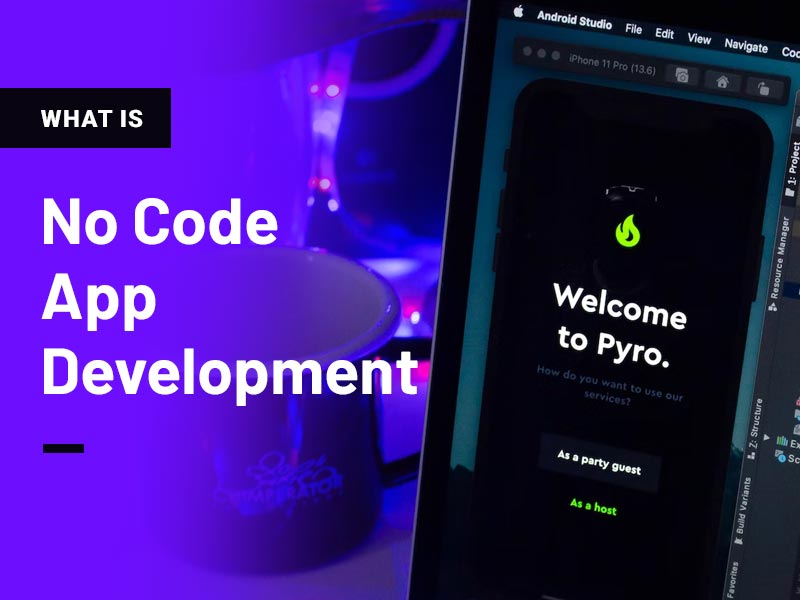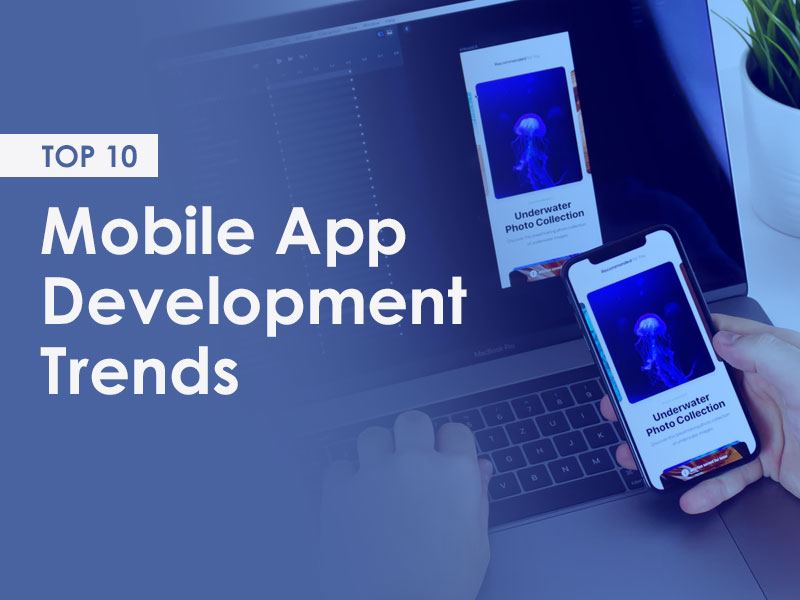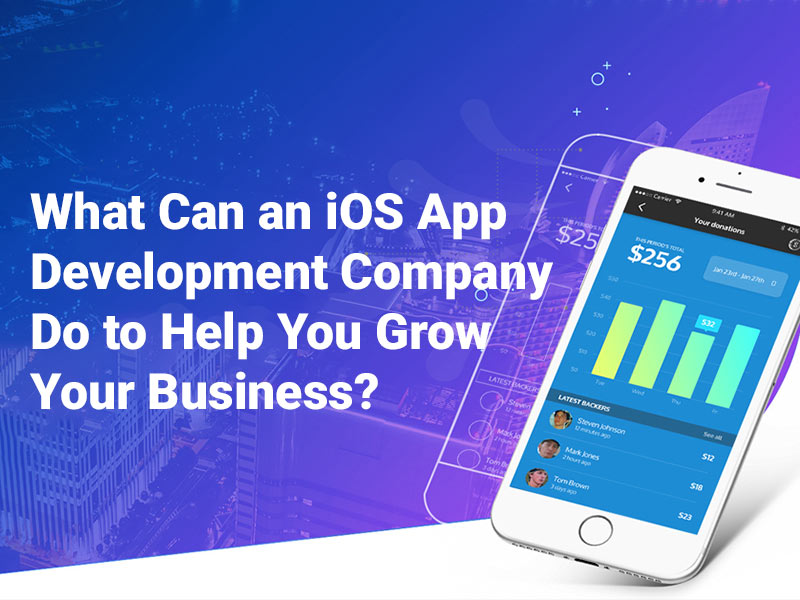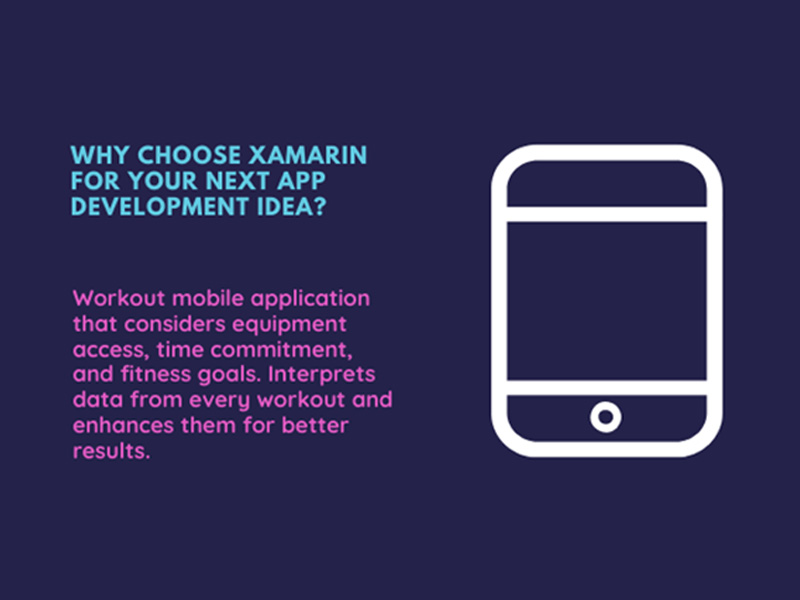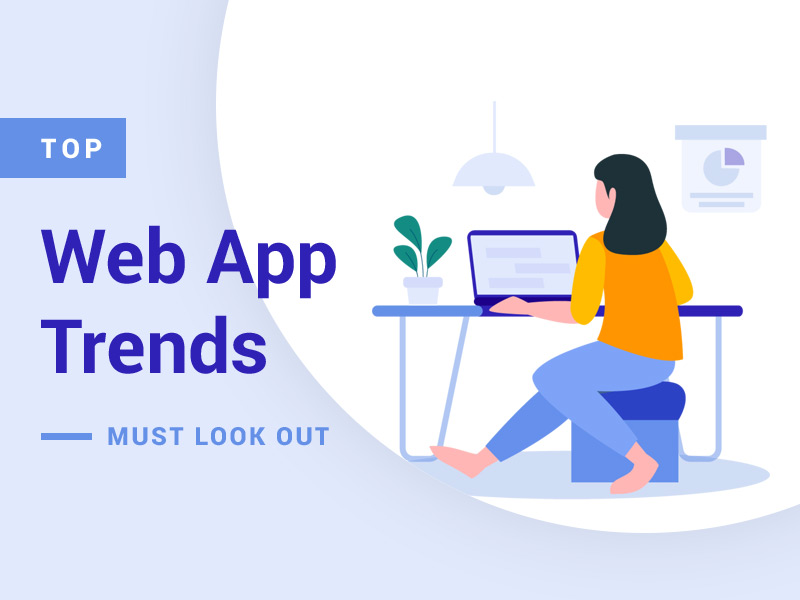In a world where technology is evolving at breakneck speed, the ability to bring your ideas to life without technical knowledge is no longer just a wishful dream; it’s a reality.
Welcome to the era of no code app development.
With no code app development, you can create your own mobile app or web platform without ever having to learn the complexity of coding..
Whether you’re an entrepreneur or a small business owner, no code app development can help you take your ideas and make them a reality – and you’re the one behind the wheel.
But for now, take a seat, and we’ll guide you through what exactly no code app development is, its advantages and disadvantages, and what lies ahead. Are you ready to see how this user-friendly approach is changing industries? How it encourages innovation and teamwork? Or how it can give you the tools to turn your ideas into tangible products?
The Rise of No Code App Development
No code development enables anyone to use their own creativity to build a functional, user-friendly application with the simplicity of a drag-and-drop interface.
This differs from the traditional approach to software development, which requires extensive coding knowledge and can be very expensive and time consuming. With a shortage of skilled developers, the solution seemed simple enough: why not empower those without the skills to create their own application faster and cheaper?
The no code movement revolves around using pre-built templates, simplifying the experience. Users can easily design and customize their apps by dragging and dropping various components onto a canvas.
According to Airdev, a no-code software development agency, the impact of no-code is likely to be huge. Businesses will be able to create more custom software where it didn’t make sense before, and people without technical backgrounds or access to large amounts of capital will be able to build companies using no-code.
The Pros and Cons of No Code App Development
Benefits of No Code App Development
No code app development platforms offer benefits that can make it a great option. Some of these advantages include:
- User-friendly: With little to no programming knowledge required, no code platforms allow users to create applications using simple drag-and-drop interfaces.
- Cost-effective: Since there is no need for specialized programming skills, businesses can save on hiring and training costs. Additionally, no code tools often come with built-in hosting and maintenance features, reducing the costs associated with infrastructure and updates.
- Increased collaboration: By eliminating the requirement of coding knowledge, a no code platform allows those without the know-how to contribute to the development process.
Limitations of No Code App Development
While no code app development offers various benefits, some tools that are built for specific use cases have notable limitations that can impact its suitability for certain projects. Some of these limitations include:
- Lack of customization: no code platforms typically provide a limited set of pre-built components, which may not meet the specific requirements or needs of complex applications, leading to compromises on functionality or design.
- Scalability challenges: As a no code application grows, the limitations of the platform may become more apparent, impacting performance and scalability. In such cases, transitioning to a custom code solution may be necessary.
- Limited integrations: While many no code tools offer integrations with popular services and systems, they may not support every integration needed for a particular project.
- Long-term dependence on the platform: Organizations relying on no code development platforms become dependent on the platform provider. This means that if the provider discontinues support or increases pricing dramatically, it may impact the organization’s ability to use and maintain their applications.
However, it’s important to note that some of these limitations may not be applicable to no-code tools that fall into the “visual programming” category, such as Bubble.io. For example, while many others focus on specific use cases (e.g. Shopify for e-commerce) or parts of the tech stack (e.g. Airtable for databases), Bubble is open-ended and can build the backend-logic needed for more complex, custom, scalable apps of any type.
Use Cases for No Code App Development
No code app development platforms have gained popularity due to their ability to simplify and expedite the app creation process. Here are some common use cases for no code app development:
- 1. Rapid Prototyping: By eliminating the need for coding, it allows users to quickly create their application as an interactive prototype – test and improve on your ideas before fully committing.
- 2. Data Collection & Analysis: You can easily build your own data collection applications with forms, surveys, and reports – all of which will help you gather, analyze, and act quickly on valuable insights.
- 3. Custom ERP & CRM Systems: No code platforms can be used to develop specialized enterprise resource planning (ERP) and customer relationship management (CRM) systems tailored to an organization’s unique requirements and processes.
- 4. E-commerce & Sales: No code app development platforms can be leveraged to create e-commerce websites, online stores, and sales management tools. With these tools, you can create a customized shopping experience.
- 5. Community & Social Networking: No code tools like Jotform Apps can help organizations build engaging community platforms and social networking apps. These solutions make it easy for users to manage memberships, moderate discussions, and promote interactive experiences.
With an array of use cases, no code app development platforms allow individuals to use their creativity and bring their own ideas to life without the restriction of technical knowledge or resources.
Future of No Code App Development
No code app development has been gaining traction in recent years, and with good reason. Without the requirement of technical knowledge, an entire world of new possibilities has been opened up for individuals and organizations.
So, what does the future of no code development look like?
Well, we’re likely to see no code app development platforms becoming more versatile. This will open the door for a larger array of application types.
One possibility for no code app development could be the development of more advanced artificial intelligence (AI) systems, which can help generate high-quality code faster than ever before.
Lastly, as more industries begin to use no code app development, we will inevitably see a significant influx of innovation. Companies that may not have the time or resources to hire a professional developer will be able to compete to provide the most intuitive and efficient solutions.
This type of competition will only drive the entire market forward. Doesn’t that sound enticing?
Bring Your Ideas to Life Today!
With the simplicity of no code app development, anyone (seriously, you need zero coding experience) can take their dreams and make them a reality.
You no longer have to feel like you can’t get started because you don’t have the time, knowledge, or resources. If you have an idea for an application, make it a reality. Join the forces of no code developers today!
And if you need help a little nudge in the right direction, here’s some great free no code bootcamps to get you started.
